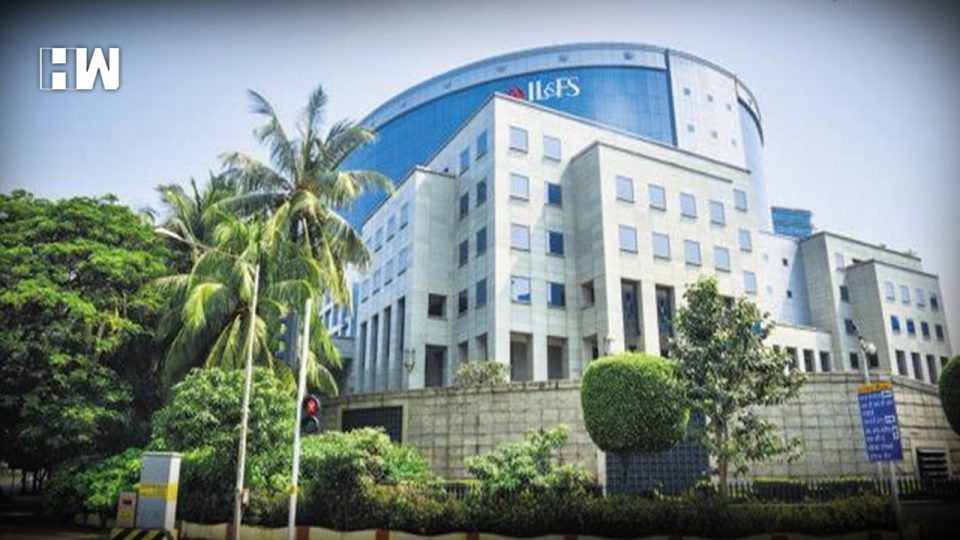The biggest financial crimes in India, are those that are committed by corporate and banking fraudsters. They cheat the public on a mega scale and also dupe public institutions and banks. The more powerful and influential the fraudster, the bigger is the crime of cheating that he commits. And when such a fraudulent corporate that dupes is a big one, even the top sections of society and professions are willing to be associated with it, as we see in the case of ILFS, where big celebrity names were its independent directors and top-notch audit firms like Deloitte and KPMG were its auditors, who gladly certified its bogus financial statements. The fact also is that when the big ones collude together, the scam balloons into a giant one, as we see in the case of thousands of crores of dud loans are given to the likes of Jet Airways, Sterling Biotech etc.
When the size of the fraud is huge and involves big names, the fact also is that they manage to evade punishment or are let off lightly, a reflection of their resources and influence. An ordinary thief, when convicted, tends to spend a few years in jail; but how many corporate fraudsters face a commensurate punishment for their crimes. As a result of this, a small-time economic cheat who may have defrauded the public or banks of a few million rupees gets severely punished, but those who have cheated the public and banks of thousands of crores, either go scot-free or are punished lightly. You can be sure that even if the likes of Nirav Modi who has committed a USD 2 bn fraud come back to India, he will not be put in jail for life which he truly deserves. If at all he is jailed, he will be out soon, to enjoy the ill-gotten loot that he has secretly parked away.
The issue is, why do we not punish our corporate criminals or fraudsters in sufficient measure, commensurate with their crime, due to which they cheated the public. Take the case of Manpasand Beverages Ltd., which raised Rs.400 crores from the public by way of a public issue in 2015 and then raised a further sum of Rs.500 cr. in 2016 again from the public. Thousands of investors must have been also lured to buy its shares on the stock markets at a huge premium, based on its superlative growth in sales and profits and even banks would have lent it money. It now turns out that the financial statements of the company on the basis of which it hoodwinked the public are bogus, and the rosy picture it showed is false. The company has floated 30 bogus units all over the country, by which it has booked bogus sales of Rs.300 crores, out of reported sales of Rs.710 crores, bogus profits too and has claimed bogus GST credit of Rs.40 crores. Its promoter managing director, CFO and others in the top management have been arrested on charges of tax evasion by the GST, after a series of raids that were conducted at its premises. Its independent directors have all resigned and its share price has plummeted by 60% since May 24 and continues to fall. All those who bought shares of the company at a huge premium will incur huge losses, and with its reality revealed it will soon default on a payment to banks, repayment of public deposits etc. But for this giant crime, the punishment will be relatively tiny.
These promoters who cooked up a rosy picture of the company through bogus financial statements must be jailed for life. And that is not an extreme demand or reaction. That is how white collar criminals are punished in many other nations. Take the case of a listed American Company called Longfin Corporation, which also committed a similar fraud like Manpasand Beverages did in 2017 and 2018, ie. reporting bogus sales and profits that were never earned by it, to show a rosy financial position, all through entities controlled by the promoters of Longfin, which were not reported to be so, just as Manpasand did. The SEC there has already indicted the fraudulent promoters of Longfin, with a potential jail sentence of 20 years and a fine up to USD 5 mn. An additional jail sentence of 20 more years is likely under other criminal charges of defrauding investors that are likely to be brought against the directors of Longfin. No such harsh punishment is meted out to these conmen in India. The promoters of Manpasad Beverages deserve a similar punishment, but will certainly not, under our lenient laws and the manageable judiciary.
As an independent media platform, we do not take advertisements from governments and corporate houses. It is you, our readers, who have supported us on our journey to do honest and unbiased journalism. Please contribute, so that we can continue to do the same in future.

